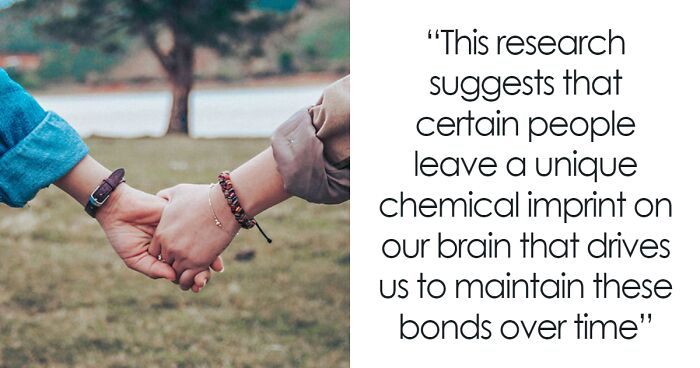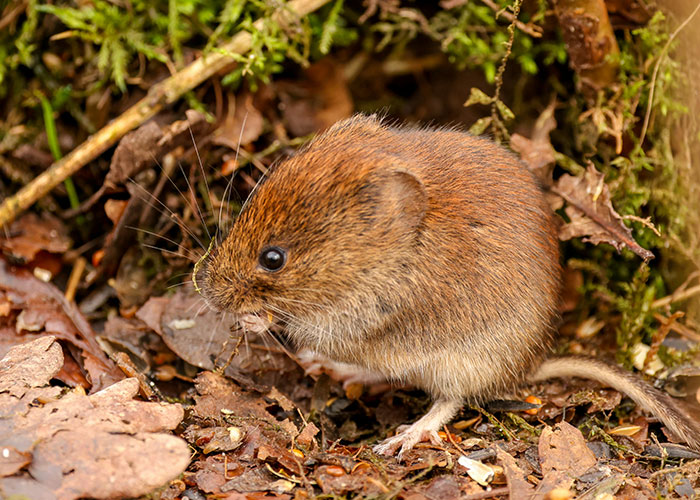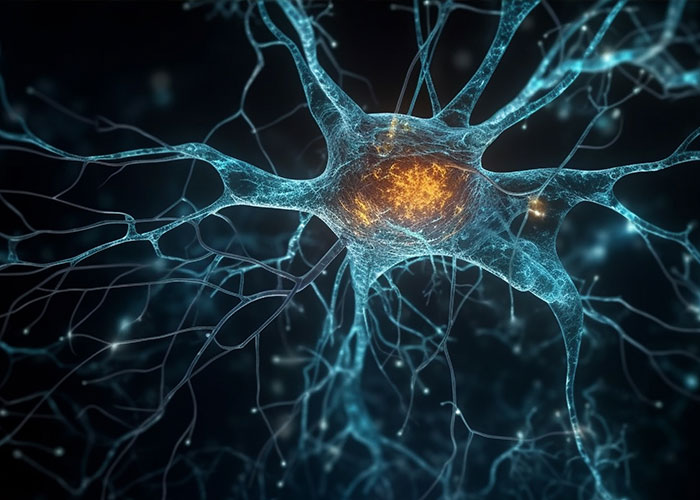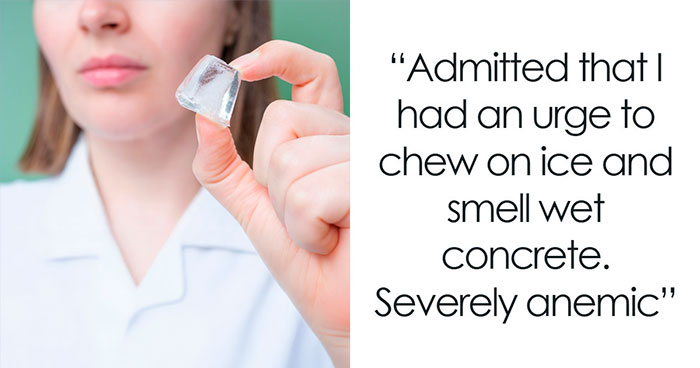
Scientists Offer Insight On Neurological Effects Of Orgasms In Monogamous Relationships
Scientists have long acknowledged the significance of social bonds in improving quality of life, reducing stress, and prolonging lifespan among diverse species. A new study attempts to explore this subject further, looking into the neural mechanisms behind such bonds in the context of romantic and enduring partnerships.
The study, published in the journal eLife, has unveiled the first comprehensive brain map detailing the regions activated in prairie voles during mating and pair bonding.
The small Midwestern rodents are among the 3% to 5% of mammals that form long-term monogamous pair bonds, closely resembling the social and mating behavior of humans.
A new study has unveiled the first comprehensive brain map detailing brain regions activated during mating in prairie voles, a species known for its long-term relationships

Image credits: Dương Hữu/Unsplash
Therefore, scientists believe that studying the wide-eyed rodents may offer a glimpse into the neural circuits that facilitate these complex social behaviors inside the human brain.
Compared with humans, however, prairie voles have whirlwind courtships. Within a day, a pair of the rodents can form a bond that lasts a lifetime.
The study found that both male and female voles experience nearly identical patterns of brain activity across 68 distinct regions during the stages of mating, bonding, and the development of long-term monogamous bonds.
The findings also reveal a surprising connection between orgasms and neural activity.
To conduct their investigation, researchers selected sexually naive prairie voles, ensured females were in estrus (a recurring period of sexual receptivity and fertility in female mammals), and paired over 200 rodents together to observe their interactions.
The study reveals similar brain activity patterns in both male and female voles during mating, bonding, and the development of enduring bonds
Image credits: Heather Wilde
Scientists monitored the progression from initial mating interactions to the establishment of a stable pair bond.
Then, the voles’ brains were prepared for neuroimaging. To achieve this, scientists employed techniques like perfusion fixation and scanning with light-sheet fluorescence microscopy to generate high-resolution 3D images of brain tissue.
Their research concludes that the experience of mating and subsequent bond formation activates a wide array of brain regions and is significantly broader than previously identified in any studies of social bonding.
The authors of the study discovered activity across 68 distinct brain regions and found a high degree of similarity in brain activity patterns between male and female voles during the stages of mating, bonding, and the establishment of a stable, enduring bond.
Scientists also discovered that male ejaculation serves as a strong predictor of neural activity associated with bonding for both male and female voles
Image credits: vecstock/freepik
The findings challenge the previous beliefs that sex differences, influenced by hormones like testosterone, estrogen, and progesterone, would lead to distinct neural pathways for bonding in males and females.
“That was a surprise,” admitted Steven Phelps, senior author of the study and professor of integrative biology at The University of Texas at Austin.
“Sex hormones like testosterone, estrogen, and progesterone are important for sexual, aggressive, and parental behaviors, so the prevailing hypothesis was that brain activity during mating and bonding would also be different between the sexes.”
The findings offer insights into the neurobiological basis of monogamy for humans
Image credits: Asad Photo/Pexels
Across the 68 brain regions associated with bonding, male ejaculation served as the strongest predictor of brain activity. This suggests ejaculation during mating plays an essential part in activating the neural circuits involved in bond formation.
Interestingly, both males and females responded to this effect. Females also exhibited increased bonding-related brain activity when paired with males who reached this milestone.
“The brain and behavior data suggest that both sexes may be having orgasm-like responses, and these ‘orgasms’ coordinate the formation of a bond,” Phelps said.
“If true, it would imply that orgasms can serve as a means to promote connection as has long been suggested in humans.”
“The brain and behavior data suggest that both sexes may be having orgasm-like responses, and these ‘orgasms’ coordinate the formation of a bond,” scientist Steven Phelps said
Image credits: Alejandra Quiroz/Unsplash
Scientists believe that this response could be an evolutionary adaptation to enhance reproductive success.
Phelps mentioned that it’s impossible to know whether a female prairie vole is having an orgasm simply by watching its sexual behavior, though previous research has found that some female animals, such as monkeys, have these physiological responses, as per the Genetic Literacy Project.
Another limitation of the study acknowledged by its authors is that the experimental design focuses exclusively on sexually receptive animals, possibly overlooking additional factors influencing bond formation.
"Sex hormones play a important part in our romantic relationships" no s**t.
The article is about prairie voles. It’s a bit much to extrapolate to humans with no actual study showing there is a definite link.
"Sex hormones play a important part in our romantic relationships" no s**t.
The article is about prairie voles. It’s a bit much to extrapolate to humans with no actual study showing there is a definite link.

 Dark Mode
Dark Mode 

 No fees, cancel anytime
No fees, cancel anytime 





















































34
8